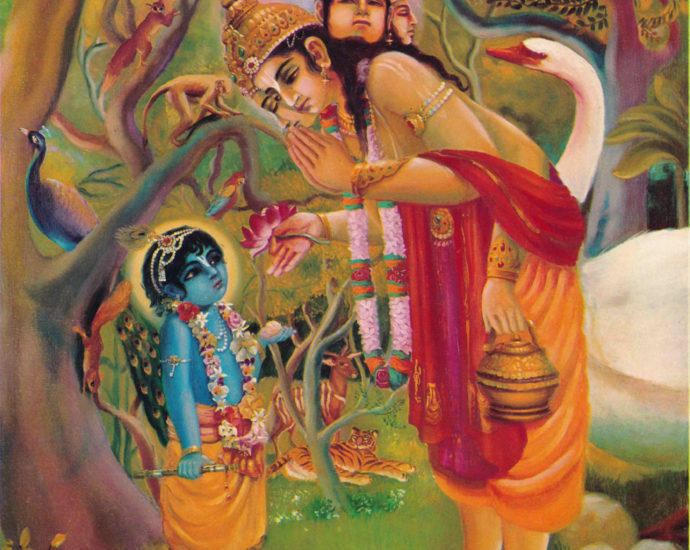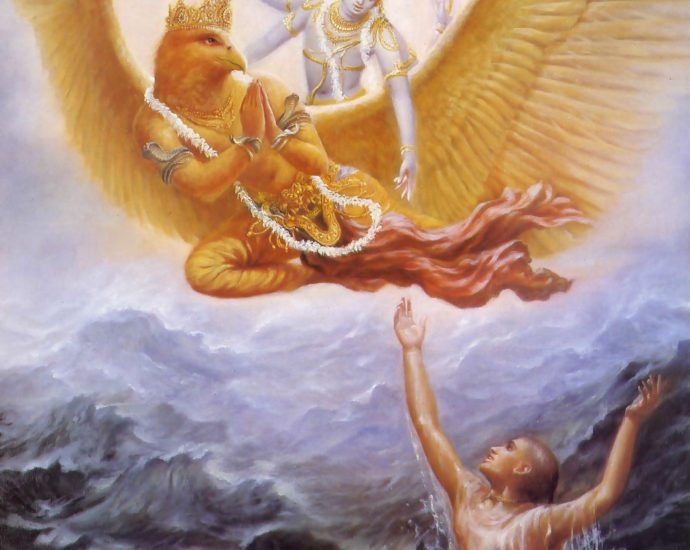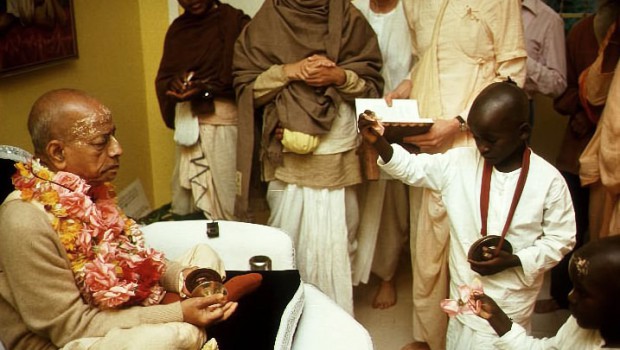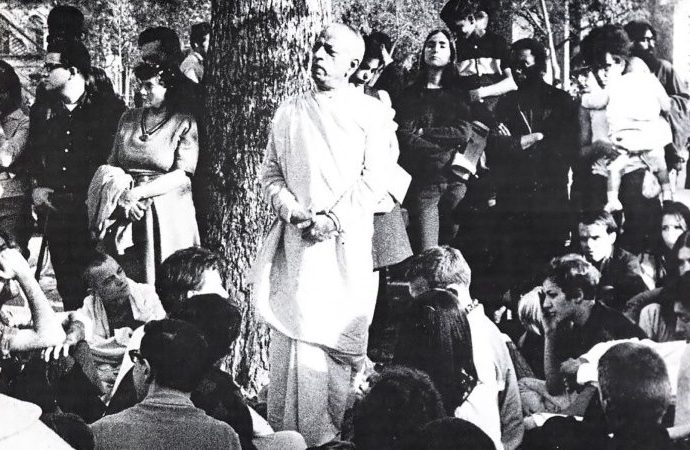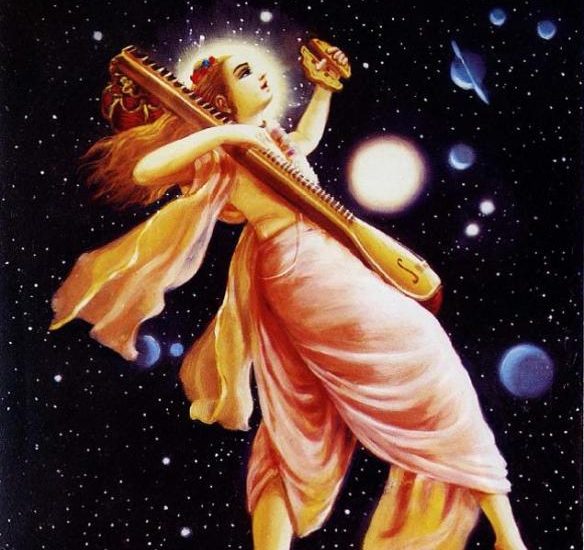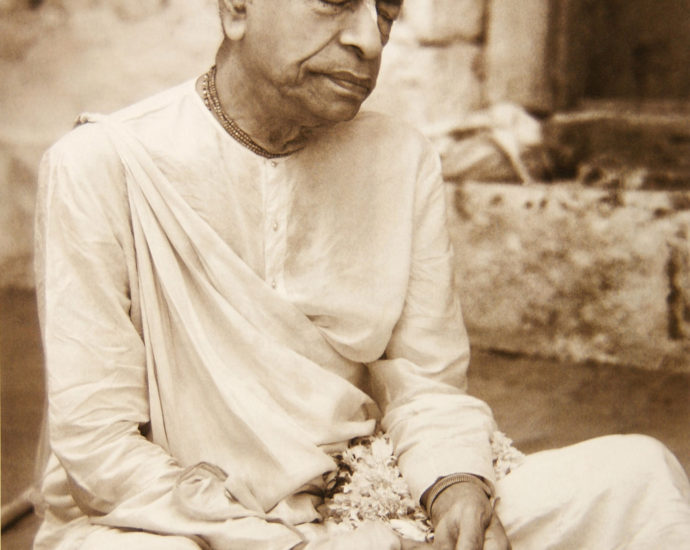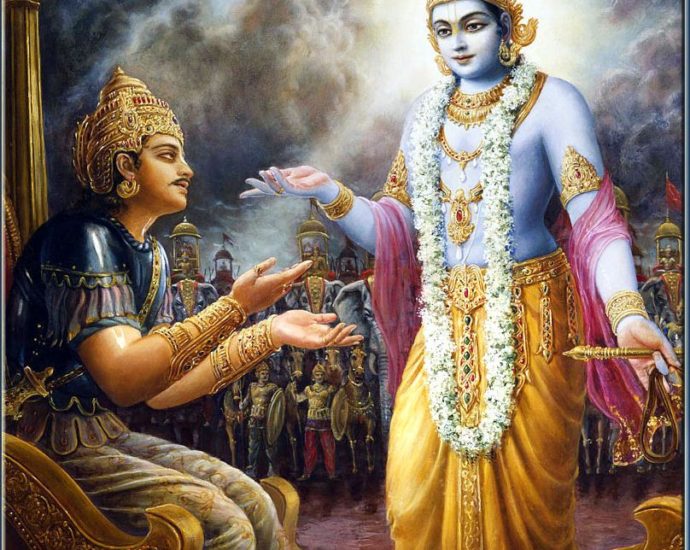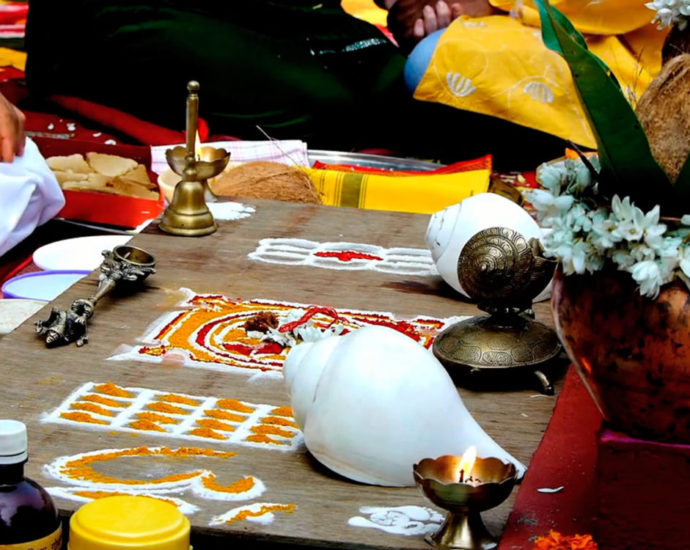Why we cannot see the Supreme Personality of Godhead face to face?
The Supreme Personality of Godhead, who created us by His external potency and by whose mercy we expand the creation of the universe, is always situated before us as the Supersoul, but we cannot see His form. We are unable to see Him because all of us think that weContinue Reading
